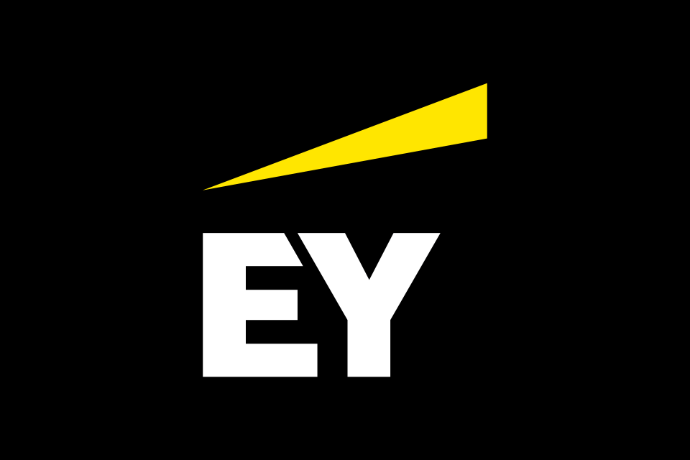Deutsche Bank and Standard Chartered’s FinTech and ventures arm SC Ventures have announced the completion of what they describe as the “first” Universal Digital Payments Network (UDPN) proof-of-concept (PoC).
The UDPN is a global messaging network supporting government-regulated digital currency systems, including regulated stablecoins and Central Bank Digital Currencies (CBDCs).
The partnership was able to deliver real-time on-chain transfer and swap test transactions between USDC and EURS stablecoins on the UDPN infrastructure.
SC Ventures set up a development environment and used UDPN SDKs and APIs to create decentralised identities and linked digital currency wallets.
Following the onboarding process, the organisation initiated several transfers and swaps of synthetic USDC and EURs to digital currency wallets of Deutsche Bank.
Deutsche Bank also initiated multiple transfers and swaps to SC Ventures’ digital currency accounts via a graphical user interface (UI) integrated within its dedicated UDPN environment.
“We are pleased to partake in the first industry pilot on the UDPN platform," said Thorsten Neumann, chief technology officer, SC Ventures. "This initiative brings the industry together to identify opportunities to unlock economic value in newly emerging digital currencies."
Rafael Otero, chief technology officer and chief product officer at Deutsche Bank's corporate bank division said that the PoC was an opportunity for the bank to investigate and research how it can let its clients actively participate in the "decentralised future global economy" and benefit from applications that are built on top of the network.
"This is the next logical step in the development of financial transactions," he added.
Latest News
-
Gemini to cut quarter of workforce and exit UK, EU and Australia as crypto slump forces retrenchment
-
Bank ABC’s mobile-only ila bank migrates to core banking platform
-
Visa launches platform to accelerate small business growth in US
-
NatWest to expand Accelerator programme to 50,000 members in 2026
-
BBVA joins European stablecoin coalition
-
eToro partners with Amundi to launch equity portfolio with exposure to ‘megatrends’
Creating value together: Strategic partnerships in the age of GCCs
As Global Capability Centres reshape the financial services landscape, one question stands out: how do leading banks balance in-house innovation with strategic partnerships to drive real transformation?
Data trust in the AI era: Building customer confidence through responsible banking
In the second episode of FStech’s three-part video podcast series sponsored by HCLTech, Sudip Lahiri, Executive Vice President & Head of Financial Services for Europe & UKI at HCLTech examines the critical relationship between data trust, transparency, and responsible AI implementation in financial services.
Banking's GenAI evolution: Beyond the hype, building the future
In the first episode of a three-part video podcast series sponsored by HCLTech, Sudip Lahiri, Executive Vice President & Head of Financial Services for Europe & UKI at HCLTech explores how financial institutions can navigate the transformative potential of Generative AI while building lasting foundations for innovation.
Beyond compliance: Building unshakeable operational resilience in financial services
In today's rapidly evolving financial landscape, operational resilience has become a critical focus for institutions worldwide. As regulatory requirements grow more complex and cyber threats, particularly ransomware, become increasingly sophisticated, financial services providers must adapt and strengthen their defences. The intersection of compliance, technology, and security presents both challenges and opportunities.
© 2019 Perspective Publishing Privacy & Cookies



.jpg)









Recent Stories